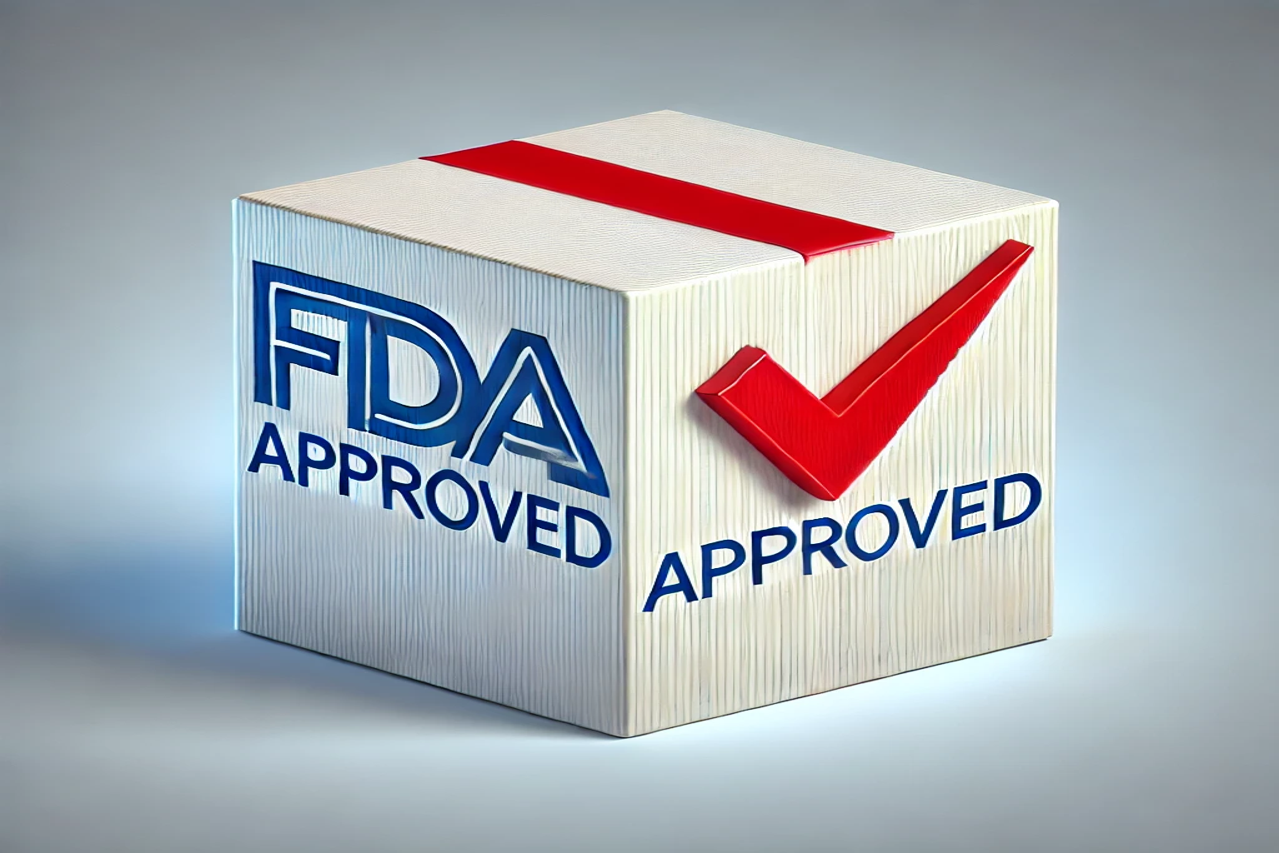Artificial intelligence is changing the face of healthcare, from diagnosing complex diseases to optimizing treatment plans and managing patient data. However, as AI tools handle increasingly sensitive medical information, healthcare providers must prioritize one crucial aspect: security. Vetting AI vendors isn’t just a best practice; it’s essential for protecting patients, ensuring compliance, and maintaining trust.
Understanding the Sensitivity of Healthcare Data
Healthcare data isn’t like other types of data—it’s highly personal, encompassing medical histories, genetic details, and financial records. This information is a goldmine for cybercriminals, making healthcare one of the most targeted industries for data breaches. In 2023, IBM reported that the average cost of a healthcare data breach was over $10 million, the highest across all sectors.
Each patient record carries enormous value, and breaches can lead to identity theft, financial loss, and long-lasting harm to patient trust. For healthcare organizations, the stakes couldn’t be higher. This is why the vetting process for AI vendors should be rigorous, ensuring they have strong security practices to safeguard this data.
Unique Security Challenges with AI in Healthcare
AI in healthcare introduces unique challenges. Unlike traditional data systems, AI models rely on large datasets for training, often involving patient records, clinical notes, and imaging data. The sheer volume and sensitivity of this data require AI vendors to adopt advanced security measures.
- Data Complexity and Processing Needs
AI systems need substantial amounts of information to function accurately, meaning that every dataset carries a potential vulnerability. If an AI vendor has weak security protocols, healthcare providers risk exposing thousands of patient records. - Cloud and Remote Access Risks
Many AI vendors operate in cloud-based environments, creating risks related to cloud security, remote access, and third-party integrations. Cloud-based processing can streamline operations, but it also requires strict access control and monitoring protocols to prevent unauthorized access. - AI-Specific Cyber Threats
AI systems are particularly vulnerable to machine learning (ML) attacks, such as adversarial attacks (where malicious actors manipulate data inputs to deceive the AI) and model extraction attacks (where attackers replicate a proprietary AI model). These unique threats require additional security considerations, emphasizing the need for robust vendor vetting.
The Regulatory Maze: HIPAA, GDPR, and Beyond
Healthcare providers have a duty to comply with strict regulations when handling patient data, making the vetting process for AI vendors even more critical. In the U.S., HIPAA (Health Insurance Portability and Accountability Act) and HITECH (Health Information Technology for Economic and Clinical Health Act) demand high standards of data protection and access control. Meanwhile, the EU’s GDPR (General Data Protection Regulation) enforces strict privacy requirements, particularly for cross-border data handling.
With new AI-specific regulatory frameworks on the horizon—such as the EU’s AI Act and evolving guidelines from the FDA in the U.S.—healthcare providers must partner with AI vendors who can navigate this regulatory landscape. These vendors should demonstrate compliance with both current and emerging regulations, protecting patient data and minimizing legal risks.
Key Steps for Vetting AI Vendors in Healthcare
With so much at stake, a thorough vendor evaluation process is essential. Here are some critical steps to consider:
- Security Audits and Certifications
Request regular security audits from potential AI vendors. Certifications like ISO 27001 for information security management and SOC 2 for data privacy are strong indicators of a vendor’s commitment to security. - Technical Security Assessments
Regular penetration tests and vulnerability assessments help vendors stay ahead of potential threats. Healthcare organizations should ensure vendors have a robust Incident Response Plan (IRP) that can mitigate damages in case of a breach. - Clear Data Usage and Privacy Policies
Vendors should have transparent data policies that outline how data is processed, stored, and shared. This transparency reassures healthcare providers that patient data is protected at every stage.

By prioritizing these steps, healthcare organizations can reduce risks and ensure compliance while building a strong foundation of security.
Why Vetting Matters
Real-world breaches illustrate the critical importance of thorough vendor vetting. In 2022, one unvetted AI vendor experienced a data breach, exposing the records of over 500,000 patients. The breach revealed weak cloud security measures and inadequate encryption practices, emphasizing the need for healthcare providers to evaluate vendors closely.
Each case of data exposure offers valuable lessons, showing that proper security practices—like end-to-end encryption, strong access control, and continuous monitoring—could prevent such breaches. By choosing vendors that prioritize security, healthcare organizations can better protect patient information and avoid costly incidents.
The Benefits of Diligent Vendor Vetting
Why is all this effort worthwhile? Thorough vetting of AI vendors can protect healthcare organizations against financial losses, boost patient trust, and ensure regulatory compliance.
- Financial Protection
Cyberattacks are expensive. The Ponemon Institute reports that healthcare breaches cost an average of $10 million each. With proper vetting, providers can minimize this financial risk and avoid the costs of potential lawsuits and penalties. - Building and Maintaining Patient Trust
Patients expect healthcare providers to protect their sensitive information. When organizations partner with secure AI vendors, they show a commitment to patient safety, which builds trust and fosters a positive reputation. - Regulatory Compliance and Legal Safeguards
Properly vetted AI vendors meet HIPAA, GDPR, and other regulatory standards, protecting healthcare providers from legal repercussions.
Key Factors to Look for in AI Vendors
To ensure AI vendor security, here are some specific factors healthcare providers should prioritize:
- Transparency and Explainability
Vendors should explain how their AI models work, especially for high-stakes applications like diagnostics and patient management. This transparency allows healthcare providers to assess risks and understand how AI-driven decisions impact patient care. - End-to-End Data Encryption
Data should be encrypted both in transit and at rest to prevent unauthorized access. - Role-Based Permissions and Access Control
Vendors should have strict access control protocols, limiting data access to authorized personnel only. - Ongoing Monitoring and Incident Response Plans
Vendors should continuously monitor their systems for potential threats and have a comprehensive response plan to address any security incidents.
These practices not only protect sensitive data but also help healthcare organizations maintain compliance and reduce the likelihood of a security breach.
As AI becomes integral to healthcare, the importance of vendor security cannot be overstated. Every healthcare provider that partners with an AI vendor is responsible for not only the quality of care but also the security of patient information. In this high-stakes environment, comprehensive vendor vetting is more than a formality; it’s essential to maintaining patient trust, protecting sensitive data, and ensuring regulatory compliance.
Ultimately, healthcare organizations that prioritize security in their AI partnerships are not only safeguarding their patients but also securing their reputation and future. Now more than ever, the healthcare industry must be vigilant and proactive in choosing AI vendors who are committed to the highest security standards.
References:
- American Hospital Association. (2022). The Value of Artificial Intelligence in Healthcare.
- IBM Security. (2023). Cost of a Data Breach Report.
- Ponemon Institute. (2023). Healthcare Data Security Report.
- HIMSS. (2023). AI and Machine Learning Security Risks in Healthcare.
- U.S. Department of Health and Human Services. HIPAA Compliance in AI.
Are you interested in how AI is changing healthcare? Subscribe to our newsletter, “PulsePoint,” for updates, insights, and trends on AI innovations in healthcare.




